Traveling with Dementia
Traveling with a person who has dementia can be fun and rewarding…or highly stressful and problematic. The key to success is all in the planning.
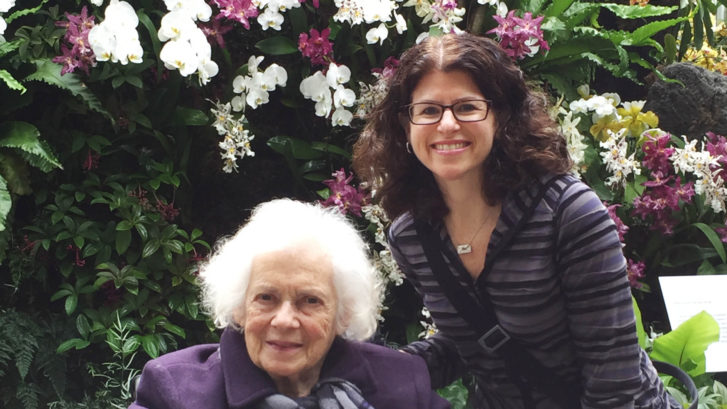
Traveling with a person who has dementia can be fun and rewarding…or highly stressful and problematic. The key to success is all in the planning.
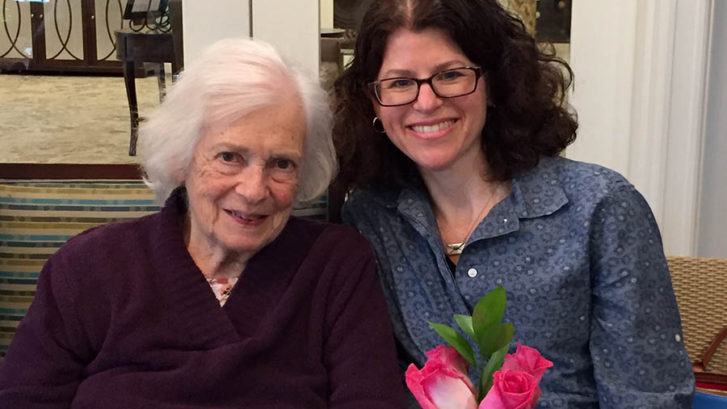
Taking care of your own parents can be a lot of work—on top of caring for your children, managing the household, and working a job, too. The reality in most families is that adult daughters take on the majority of the caregiver responsibilities. So what happens when her husband’s parents need help too?
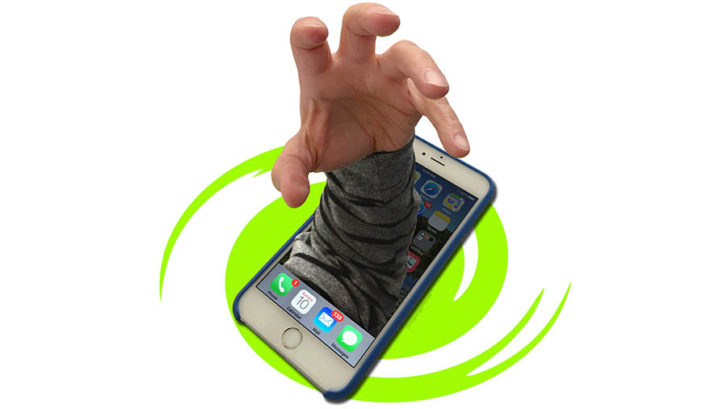
If it can happen to my father, it can happen to anyone. It was three days after the fact when my dad called and told me he was the victim of a financial scam. He waited to tell me out of shame and embarrassment. This is what happened…
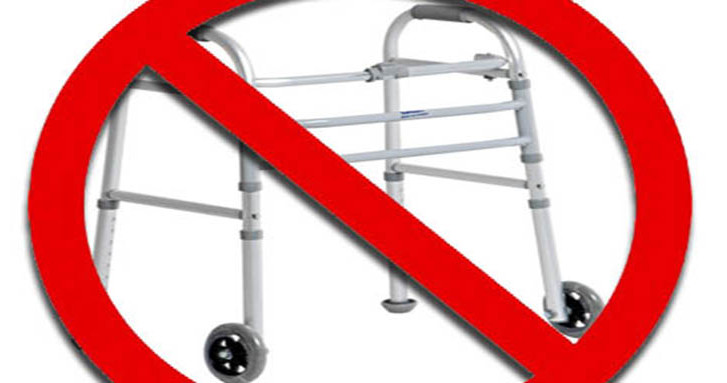
Yes, that’s correct. My 91-year old, feisty, Irish client just got a hip replacement. The orthopedic surgeon said in another country with a different healthcare system, she would probably not be able to have this surgery. The hip will surely outlive her, but this was a matter of quality-of-life.

You’ve probably seen the ads on TV with a famous person promoting “free placement” services for Mom or Dad. Sounds great right? But consumers don’t realize these service are not actually free. The consultant—aka placement service—gets paid a commission by the facilities they contract with. That commission is the equivalent of a full month’s rent. That is a considerable sum, reaching as high as $9,000-$10,000 here in the Northeast.

For those of you 85 years and older—congratulations on reaching what we professionals call, “ the oldest old.” Some folks in this category are doing remarkably well and are living full, interesting lives. Others unfortunately are struggling cognitively or physically with challenges.

Many adult children I encounter who are taking care of their aging parents, struggle to work together with their siblings. Relationship issues from childhood return when faced with the need to collaborate and communicate about parents.
In what becomes a form of role reversal, adult children find themselves needing to get involved in healthcare, finances, and day-to-day care needs of those who once cared for them.
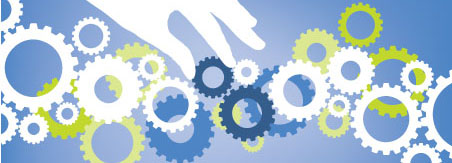
Nobody has a crystal ball that will tell us who will have a sudden or chronic illness, an accident or injury and when these things might occur. So as we watch our loved ones age, be proactive and get prepared.
Here are some important and practical things to know and do so that when/if a crisis hits, you will be better equipped to make decisions in a fast-paced stressful situation.

Recently, a very frail client I have known for many years entered the hospital with a serious and sudden health crisis. She was 89, had survived cancer, a stroke, and lived with the debilitating results of Parkinson’s Disease for over 15 years. She needed 24-hr care and assistance with everything, but was cognitively sharp most of the time.